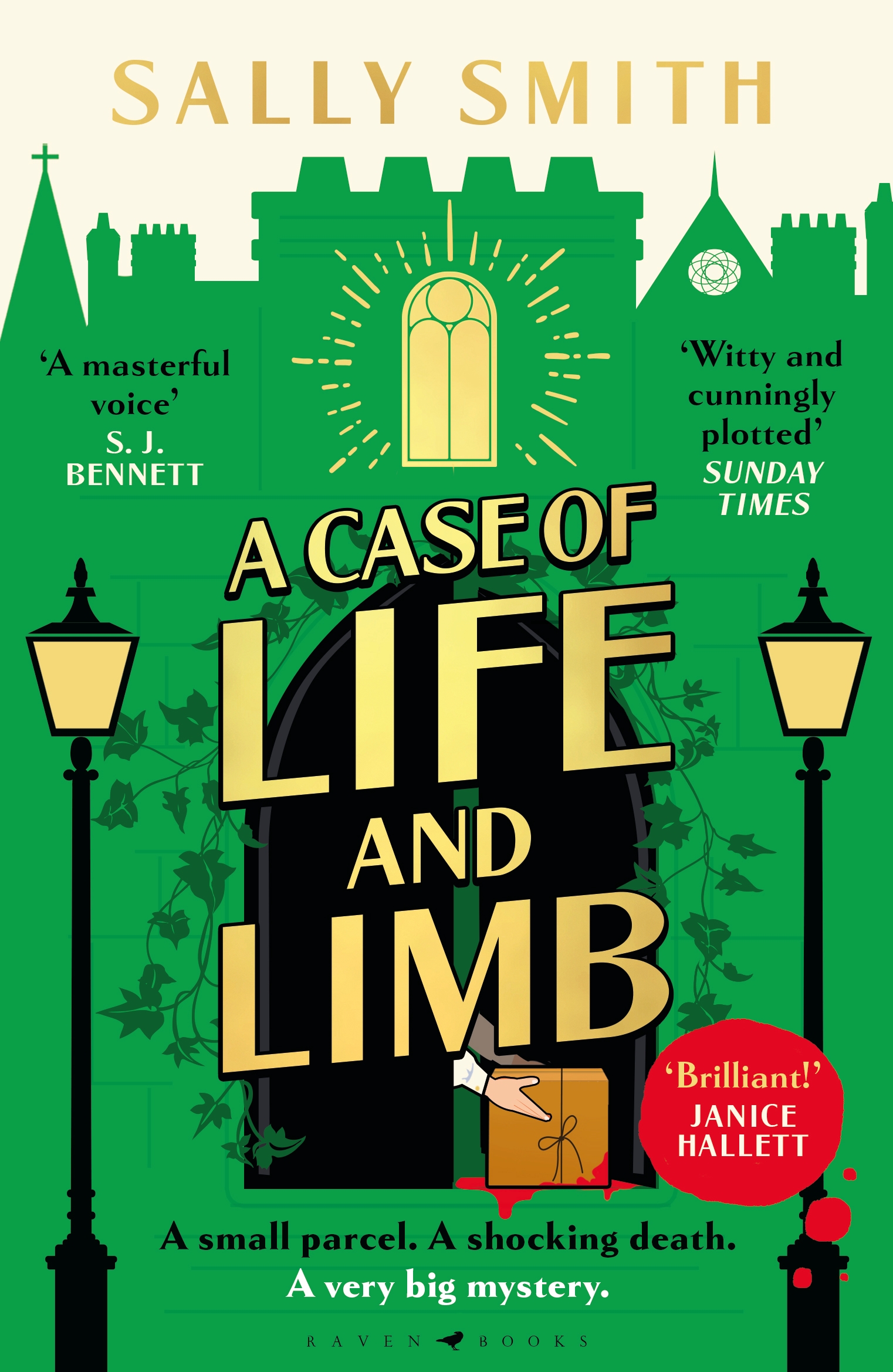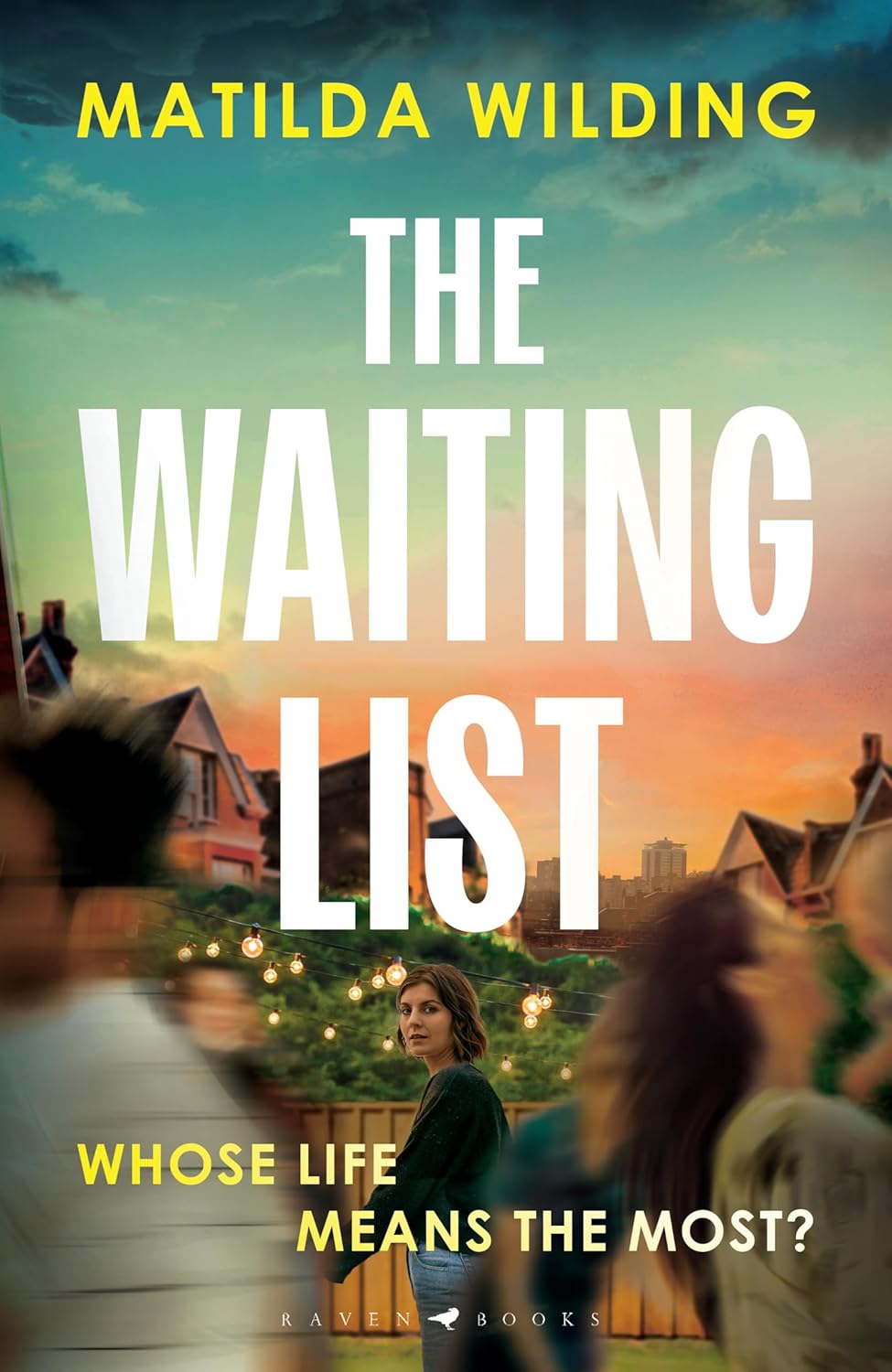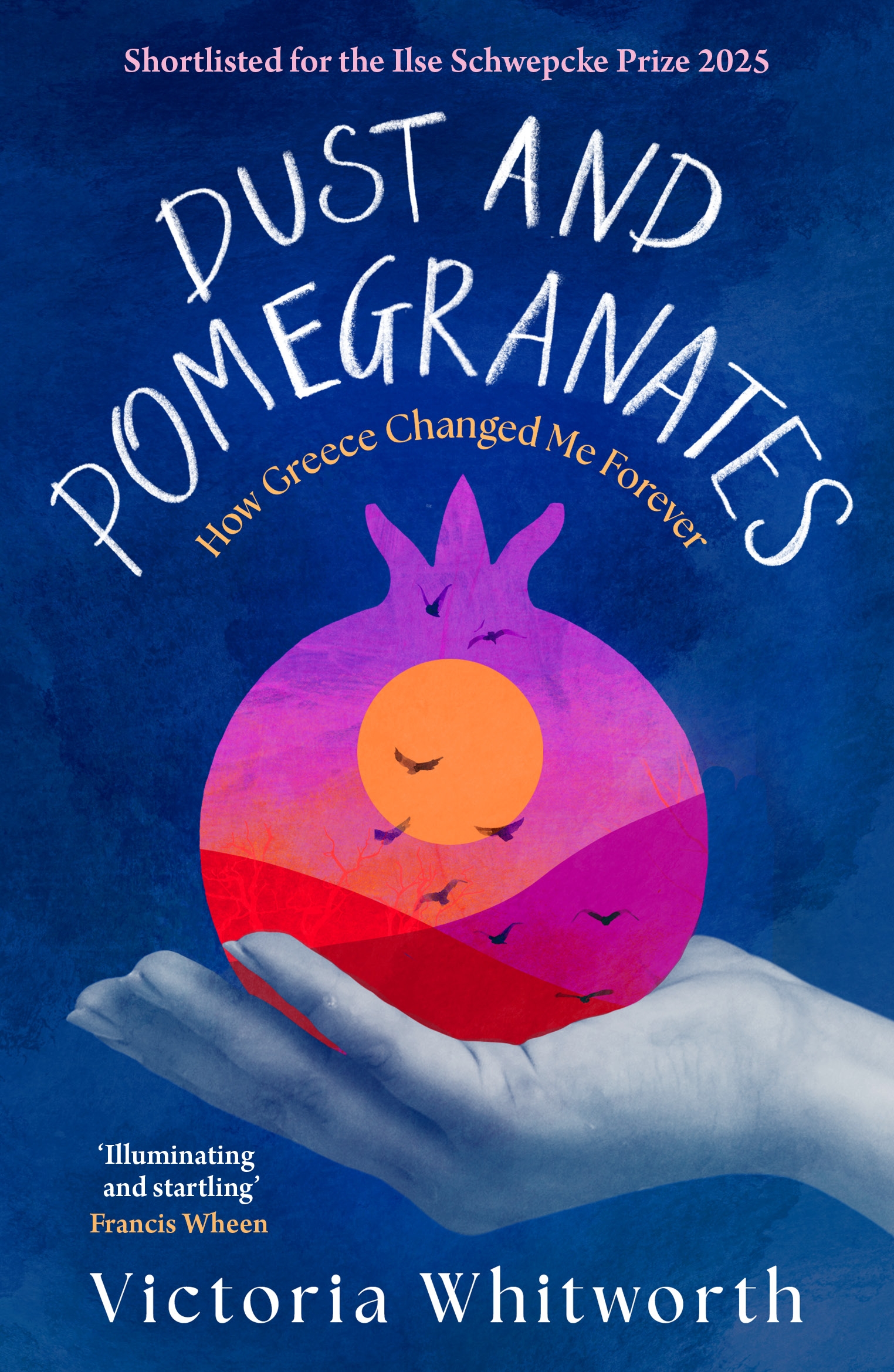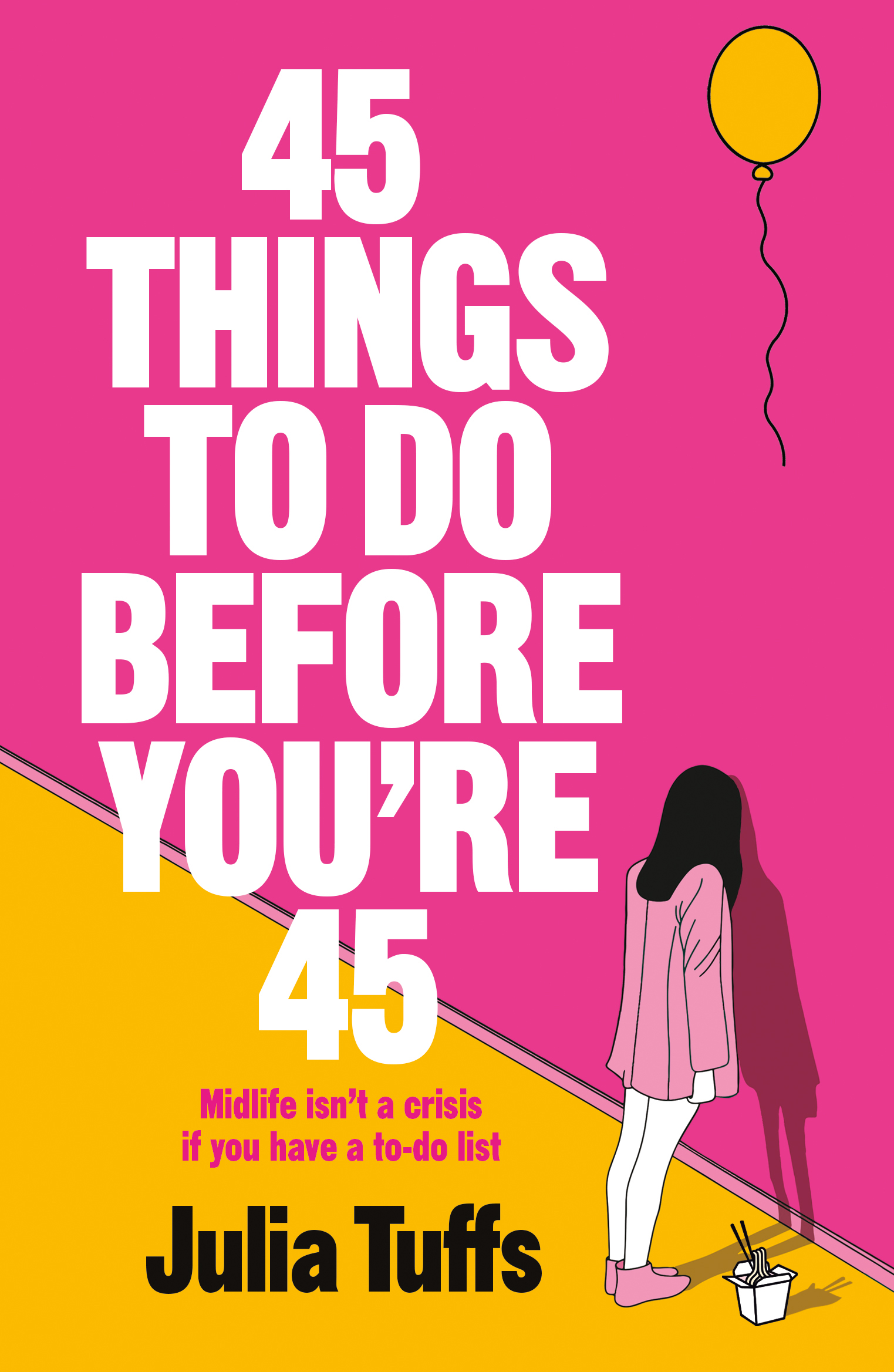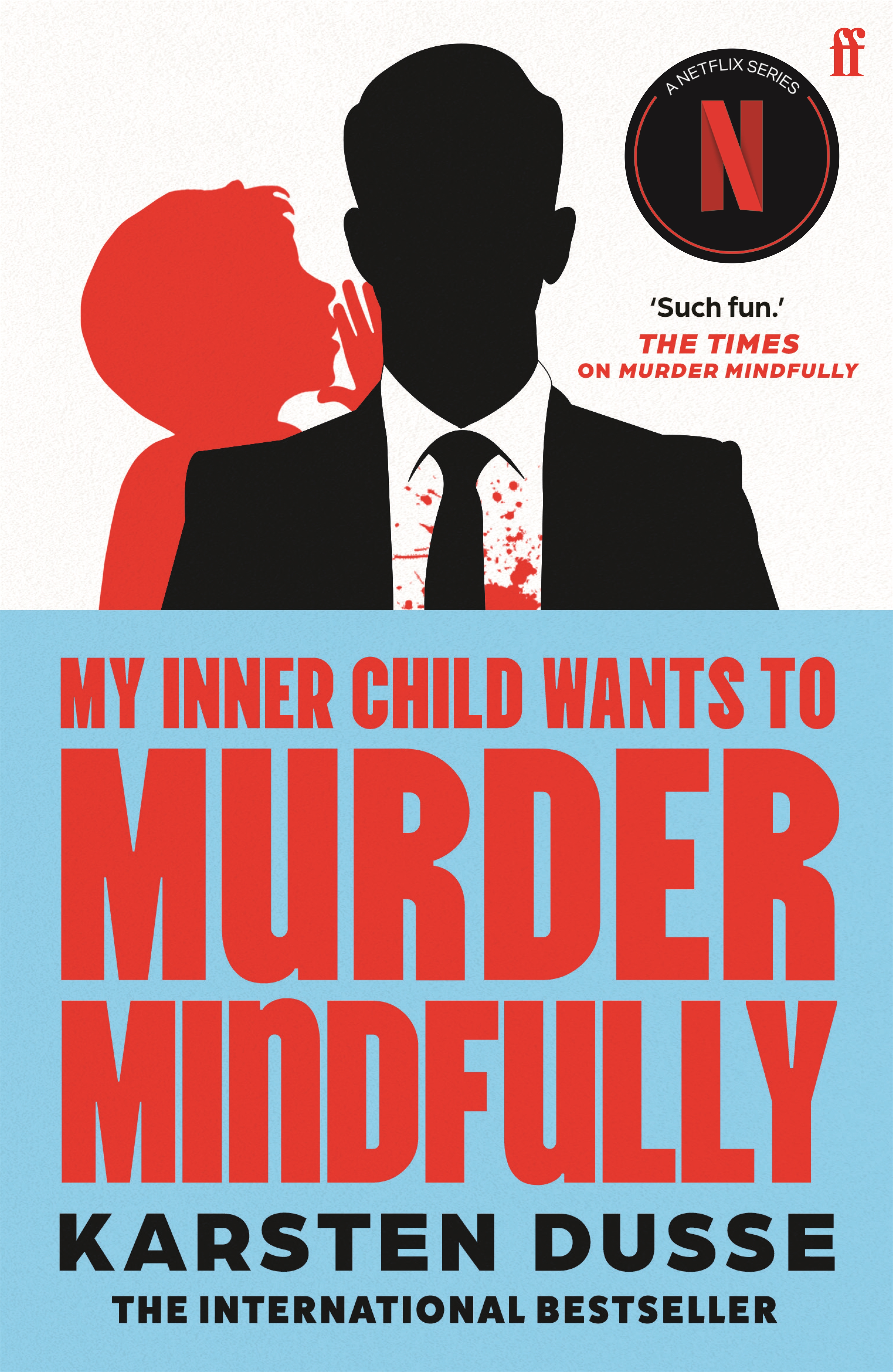Gratitude

As seen:
By Delphine de Vigan, and and, George Miller
avg rating
10 reviews
‘One of the finest writers of psychological fiction in France today’ FRANCE MAGAZINE
‘The latest literary sensation’ DAILY TELEGRAPH
‘A cult sensation’ i
‘Dark, smart, strange, compelling – and tremendously French’ HARRIET LANE
Marie owes Michka more than she can say – but Michka is getting older, and can’t look after herself any more. So Marie has moved her to a home where she’ll be safe.
But Michka doesn’t feel any safer; she is haunted by strange figures who threaten to unearth her most secret, buried guilt, guilt that she’s carried since she was a little girl. And she is losing her words – grasping more desperately day by day for what once came easily to her.
Jérôme is a speech therapist, dispatched to help the home’s ageing population snatch and hold tight onto the speech still afforded to them. But Michka is no ordinary client.
Michka has been carrying an old debt she does not know how to repay – and as her words slide out of her grasp, time is running out.
Delicately wrought and darkly gripping, Gratitude is about love, loss and redemption; about what we owe one another, and the redemptive power of showing thanks.
TweetReviews
Mabe
I enjoyed this very much as far as I was able to read but unfortunately I left the book in Kingston after my accident. It was well written and sensitively portrayed Alzheimer's in an "old" lady. I was told the resolution of the book at the review meeting and feel it is well deserving of an 8 out of 10.
Chris
I really enjoyed the book which was very well written. One small criticism is that the portrayal of aphasia focused too much on only the one issue of difficulty with finding the initial letter of words whereas in my experience it has gone much further than that. A good story and enjoyable read and I would give it 8 out of 10.
Eve
This book was easy to read and very short. I thought it was very clever in the way it was written. It was also very sad. It showed the problems Michka had with aphasia, she knew that she was not saying the right words, but she could do nothing about it. When she died, it was indeed the best death that she could have hoped for. It was so sad that she lost her words and she felt it deeply. A very sad book, very real. I would mark it as an 8
Carolyn
I didn't really enjoy Gratitude. It just wasn't for me. I found it a bit depressing and confusing at times.
I give it 3.
Helen
I read the book and enjoyed it, it was hard at times as dad had Alzheimer’s so of course it made me think of him. He didn’t really mix up words like she did in the book, he tended to repeat things or just forget completely. I’d love to know what everyone thought of the ending - I’m not sure about it! I give it a 6 out of 10.
Arleen
I would give it a 9 out of 10.
Kirsty
I really enjoyed this book which I would class more as a novella at only 143 pages. It is a sweet, emotional gem of a book that tells the story of an older (just call me old) woman called Michka (one of my favourite ever names!) who is has reluctantly moved into residential care and suffers from Aphasia which is a speech disorder that means she struggles with identifying the correct words she needs to use. The story is told from Michka herself, her speech therapist Jerome and her neighbour that she sort of adopted as a child Marie. As you read the book you can see the decline in Michka's thought processes and speech. However, she is determine to thank the couple who saved her as a child. It is a unique story and I have never come across one like this. It is extremely moving and quite heart-breaking seeing the decline in Michka and the fact that she herself knows she is declining is absolutely heart wrenching. She no longer has family but is visited by both Marie and Jerome regularly and through the perspectives of these two characters and Michka herself we get to see some of her past life. Although the book focuses on the serious and difficult topic of Mischa decline there are also several humorous and witty moments which put a smile on my face. I had never heard of Aphasia before this book so I thin k it is a fantastic topic for Delphine to discuss in this book and she does so in a sensitive manner while spreading awareness at the same time. I devoured this book in several hours. This book has been translated from French to English and the translator has done a brilliant job in doing this. Considering it is such a short story it is packed full of emotion and really does pack a punch!! I would definitely read more books by this very talented author!!! 10/10
Sonia
I thought this was a really beautifully written and sensitive book about an old woman's decline into Alzheimer's and aphasia in particular. I found the story so sad and touching and I felt very true to life and maybe a little too revealing of what lies in store for some of us. A very unusual book, not oversentimental and the part at the end where Jerome goes from Mischka, who has just died, into the next patient with a cheery greeting puts life and death into perspective. I give it a 9 out of 10.
Average score : 8 out of 10
I read this book through my Book Club.
This is a very sensitive read about Michka, an ageing lady who loses her independence when she is no longer able to look after herself, and is put into a Home. She also feels she has someone to thank from her early life and realises she is running out of time. Her inability to express herself also makes it difficult for her to convey this to the two people who visit her regularly – her adoptive daughter and the speech therapist assigned to help her.
A sad poignant tale.
I need to preface my review with the information that I have a family member with
Alzheimer's and come from a family that deals with life with humour. I also have a friend who does not have aphasia but blends and creates words with fluidity and occasionally hilarity. That said I admit to loving this beautiful and sensitively written little book. It resonated with much that we are experiencing with our loved one.
Michka has reached the time of her life that she no longer is able to cope with the world and take care of herself. Her close and loving "adopted daughter" convinces her to move to a nursing home as her dementia with its aphasia progresses. As a former book editor the loss of her being able to find her words is monumental sadness. "Where do the words go?" Communicating has become horrific and frustrating for her. However her garbling or words is a joy to read. She uses word incorrectly but that in actuality are totally appropriate and descriptive of what she is trying to say. Often it is like talking with a toddler learning to talk.
The story of her life is told through her recreating her life inside her mind. Her need to communicate her gratitude is the impelling focus of her living.
The author and her translator are brilliant wordsmiths and deserve kudos and heartfelt thanks for giving us this fantastic book.
Gratitude is a delicate novella, following the story of elderly lady Michka as her health deteriorates and she starts to forget words. It deals a lot with the power of words and what it means to lose them, how they can be cherished and outlive you, what words are needed to express what you need to say.
The story is seen mainly from two perspectives, that of Marie, whom Michka has looked after and who is like a daughter to her, and that of Jerome, the speech therapist who tries to reconnect Michka with her words or at least slow down her loss of them.
Altogether it is a great exploration of aging compared with childhood, memories, delusions and dreams versus reality, incorporating ideas of safety and refuge. It is also an interesting portrayal of child and parent or substitute parent relationship and the importance of words to the necessity of things that must be said, debts settled and gratitude expressed.
This story of Michka, an elderly Jewess who suffers a stroke after a fall, resonated with me, as I have seen friends and relatives who have needed to give up their homes and who end their lives in care.
All the characters are sympathetically drafted by a fine writer. Also, much credit must be given to George Miller who has managed to translate Michka's speech aphasia realistically.
I found satisfaction as a mystery from Michka's tragic childhood is solved and the possibility of a future romance unfolds.
M. Leitch
Such a sensitive book about an elderly lady called Mishka who finds she’s losing her ability to communicate.
The book describes the relationship she has with her ‘adoptive’ daughter as well as the speech therapist who is engaged to help her. It also describes the fear felt by Mishka as she experiences the frustrations of becoming old; and also the quest to personally thank someone from her past for a great deed that was done. Just Beautiful.
A very moving story that tugs on the heartstrings. Clear and concisely written we learn a lot about the three key characters in a short space of time. They are cleverly brought together and it is fascinating to see how their lives intertwine. Although some of the scenarios featured are dark and serious, it's a book filled with acts of kindness and compassion. Having 3 different characters gives 3 different viewpoints and allows the subject to be considered from many angles.
I read this with tears streaming down my face. Incredibly moving, beautifully written. I can't think of anything negative to say about this book.
A delightful read. Excellently translated. Very sad but uplifting too. Will recommend to all my friends
Michka is struggling to look after herself at home and reluctantly moves into residential care. She suffers from Aphasia, a speech disorder which means she is often unable to find the right words. She has no family but is visited regularly by Marie, a young woman who was Michka’s neighbour and Jerome, her speech therapist. Both are very fond of her and try to help her through the frustrations created by her inability to converse and her despair at losing her independence.
This a little gem of a book, more of a novella than a novel. It is beautifully written, heartbreaking and full of sensitivity. Despite the pain that is experienced by Michka, there are entertaining moments as she tries to make herself understood. These witty, even funny moments help to break up the almost unbearable situation that is Michka’s life. The book is translated from the French and the translator has done a particularly good job of dealing with the aphasic speech. This book was particularly poignant for me as my elderly Mum is going through a similarly distressing time at the moment and is fighting to retain her independence against all the odds.
This very little book packs a big punch and I can’t think of a bad word to say about it.
Whilst this is definitely an emotional read, it is well worth going on Michka’s journey with her and I would wholeheartedly recommend the book I have never come across Delphine se Vigan before but will be looking out for more of her work.

